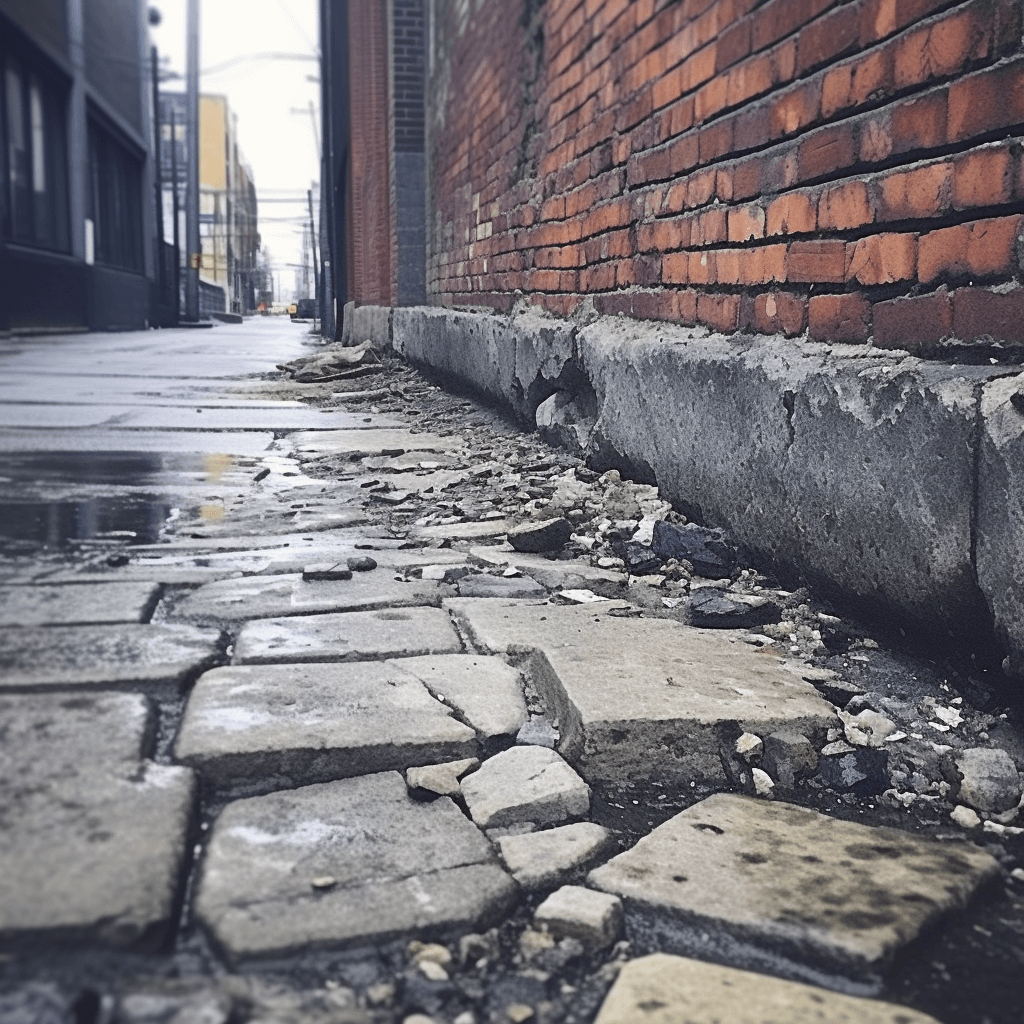Erosion and Weather Resistance of Grey Stone: An In-depth Study by Maçonnerie Montréal
At Maçonnerie Montréal, Montreal's leading masonry service provider, we are renowned for our work with grey stone installations. As we navigate through the myriad queries about grey stone, a recurrent theme is its durability against erosion and weathering. This comprehensive guide aims to offer a well-rounded perspective on these aspects.
Understanding Grey Stone
The term 'grey stone' is a catch-all term that encompasses various stones like limestone, granite, gneiss, and slate. Each of these carries distinct characteristics, yet they collectively boast a reputation for high durability and resilience, including against erosion and weather.
Grey Stone and Erosion
Erosion is a slow process that affects all stones. It involves the gradual wearing away of material due to external forces, like water, wind, or thermal variations. Now, how does grey stone stand against erosion?
Limestone and Erosion
Limestone, a relatively soft and porous stone, is more susceptible to erosion. Acidic rainwater can dissolve limestone over time. However, regular maintenance and sealing can significantly slow down this process.
Granite and Erosion
Granite, a harder and less porous stone, is highly resistant to erosion. Its interlocking crystal structure helps it withstand weathering elements and erosion remarkably well.
Gneiss and Erosion
Gneiss, known for its alternating light and dark bands, offers good resistance to erosion due to its hardness and complex mineral composition.
Slate and Erosion
Slate, a dense and fine-grained stone, resists erosion effectively. However, it can flake over time due to its layered structure.
In essence, while grey stone types vary in their resistance to erosion, with proper care, all can withstand the forces of nature for a substantial period.
Grey Stone and Weather Resistance
Grey stone's weather resistance is one of the reasons behind its popularity in outdoor installations. Let's delve deeper into how grey stone reacts to different weather conditions.
Heat Resistance
Grey stones remain largely unaffected by heat. Their minerals reflect sunlight, keeping them cool, and they don't warp or become brittle in high temperatures.
Cold Resistance
Grey stone stands strong against cold temperatures. Its low water absorption rate means less water to freeze, expand, and potentially cause damage.
Resistance to Rain and Moisture
While grey stones are naturally porous and can absorb water, their water absorption rates are relatively low. This resistance can be further enhanced by regular sealing, preventing potential water damage.
Wind Resistance
While wind can carry abrasive particles leading to erosion over time, grey stones' durability and hardness enable them to withstand these effects significantly.
Maintaining Grey Stone for Erosion and Weather Resistance
Although naturally robust, grey stone still requires regular care. Here are a few maintenance tips:
-
Regular Cleaning: Removing dust, dirt, and abrasive particles can reduce erosion.
-
Appropriate Sealing: Enhance your grey stone's weather and erosion resistance with proper sealing. At Maçonnerie Montréal, we can guide you on suitable sealing products.
-
Regular Inspections: Keep an eye out for any signs of wear or damage, especially after severe weather conditions.
At Maçonnerie Montréal, we believe that understanding the material is key to its maintenance. Grey stone, with its superior durability and weather resistance, is a worthwhile investment for both indoor and outdoor installations. It can effectively withstand erosion and weathering, especially with appropriate care and maintenance.
To conclude, while all materials face the effects of erosion and weather over time, grey stone stands as a resilient choice. Its unique qualities of durability, coupled with its natural beauty, make it a preferred material in masonry. For more advice on grey stone maintenance or any other masonry services, don't hesitate to contact us at Maçonnerie Montréal.

